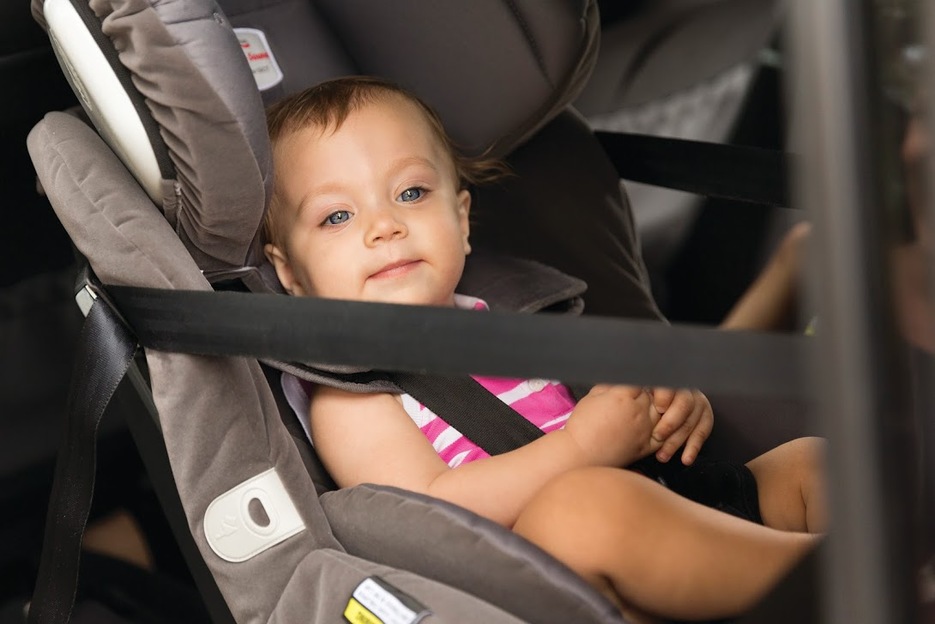Holiday warning as 1700 drivers fail to restrain kids

The latest data from the Department of Transport and Main Roads, analysed by RACQ, revealed more than 1700 people were fined for restraint related offences involving children in 2020 in Queensland.
RACQ spokesperson Lauren Ritchie said drivers in the Southern police region, which included Toowoomba, were the worst offenders with more than 480 people caught with unrestrained children under 16.
“It’s disturbing so many drivers are risking the lives of babies and children. Failing to make sure they’re safely restrained could led to the unthinkable in a crash,” Ms Ritchie said.
“Police caught drivers either incorrectly restraining their child, having their child in an incorrect restraint or some not having their child buckled up at all.
“With school holidays upon us and many families planning to get away, we want to remind parents and caregivers they must make sure their children are buckled up properly. Aside from the obvious tragic consequences, they also risk a $400 fine and three demerit points.”
Ms Ritchie urged parents to ensure their children were also in the correct restraint for their age.
“Once your child is seven years old it doesn’t automatically mean they should come out of a booster seat,” she said.
“They should be 145 centimetres tall, so the seatbelt is able to secure them in a crash. Check the shoulder height markers on the restraints to see when it’s time to upgrade.
“Babies under six months of age need to be in a rear facing restraint, but best practice is to keep them rear facing for as long as possible, up to two years old.”
Infringements issued in Queensland by police region from 1 January – 31 December 2020:
|
Southern |
481 |
|
Northern |
463 |
|
Brisbane |
297 |
|
Central |
277 |
|
South East |
130 |
|
Unknown |
119 |
Related topics
Things to note
The information in this article has been prepared for general information purposes only and is not intended as legal advice or specific advice to any particular person. Any advice contained in the document is general advice, not intended as legal advice or professional advice and does not take into account any person’s particular circumstances. Before acting on anything based on this advice you should consider its appropriateness to you, having regard to your objectives and needs.